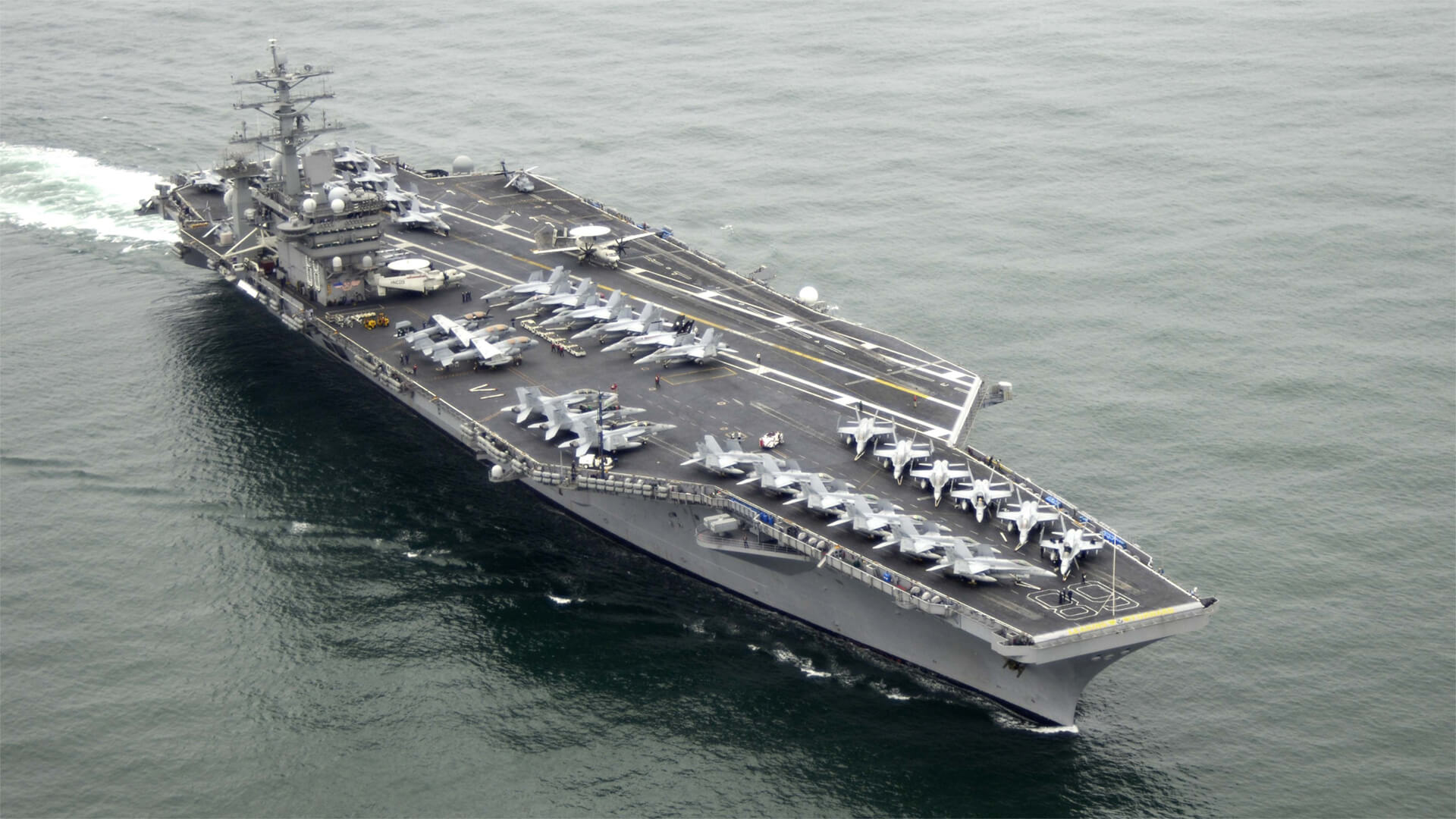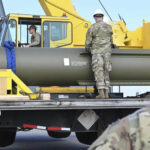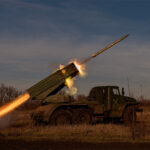This video was recorded back in April of this year, hence the snow.
The Nimitz is making its final voyage (with a recent detour to the Middle East), before it’s set to be decommissioned and replaced by the more advanced Ford-class carriers. However, a shiny new toy isn’t enough for the US to maintain global influence.
While these massive carriers are a significant component of US power projection, the true strategic advantage lies in the global alliance network. This network provides basing rights all around the world, enabling the US to get around quickly and affordably. If the US continues this current trajectory, the logistical backbone of US power projection would go limp.
Transcript
Hey all, Peter Zeihan here coming to you from snowy Colorado. And today we’re going to talk about a major change that is going to come to the U.S. armed forces and most notably the Navy in the years to come. It all has to do with the USS Nimitz, which was the first of the Nimitz class, a super carriers, of which ultimately we have ten and have been the backbone of American military power projecting throughout the world for really since the 1960s.
But it’s been a hot minute, Anyway, at last, Bremerton, Washington, on the 28th of March for what is intended to be its last sail. The Nimitz are being replaced by a new carrier class, the Ford class, which are larger, can carry more, planes, can launch and recover them faster. All that jazz? Definitely superior platform.
Not that the Nimitz is anything to sneeze at. Anyway, the whole idea is these things have been in service for well over a half a century, and it’s time to start taking them out of circulation. As technologies change, and we can move to a military force that is more lethal and faster, and that is not going to happen.
One of the things that people forget when they start talking about how we don’t need this country or that country is arguing the single greatest advantage that the United States has right now is its alliance network, and not necessarily because in a fight, we get to take over their armies and navies and control them ourselves, although we do have that, and that is a big deal.
But it’s basing rights. The United States is one country, and part of our security comes from the fact that we have oceans between us and everyone else. But that means if we want to influence things somewhere outside of North America, we have to get there first. And that means a long logistical chain linking up, not just soldiers and sailors and ships, but tanks and men and ammunition and supplies and diesel all around the world.
And with the basing network that we have right now, there are very, very few spots on the planet that we can’t reach in a very short period of time with a lot of firepower, but if the United States leaves NATO like it sounds like it’s going to if the U.S. breaks the alliances with the Japanese and the Koreans, which it looks like it’s going to, then America alone has a very different force posture.
And one in which it can’t get much of anywhere. So what we’re going to see is, on a very large scale, the recreation of a tactic that the United States use during the early months on the war on terror. We needed to get to Afghanistan, but we didn’t trust the Russians and we didn’t trust the Pakistanis. So what we ended up having to do is take one of our older carriers, the USS Kittyhawk, and park it off the Pakistani coast and use it as a mobile base.
It was by far the most expensive way we could have possibly done it. But in the early days after nine over 11, it was considered worth the cost. Well, with the direction that the Trump administration’s foreign policy is taking us now, any time we want to deploy anywhere, we’re going to have to do something like that. And that easily cost ten times as much as simply having an ally with a patch of ground that we can squat on.
When you lose your alliances, you lose the ability to project power cheaply. And yes, we spend a lot on our military, but it’s nothing compared to the budget line. Items were going to be seen in the future, as we have to take things like the Nimitz and repurpose them from being some of the world’s best warfighting assets and basically being floating rafts.








